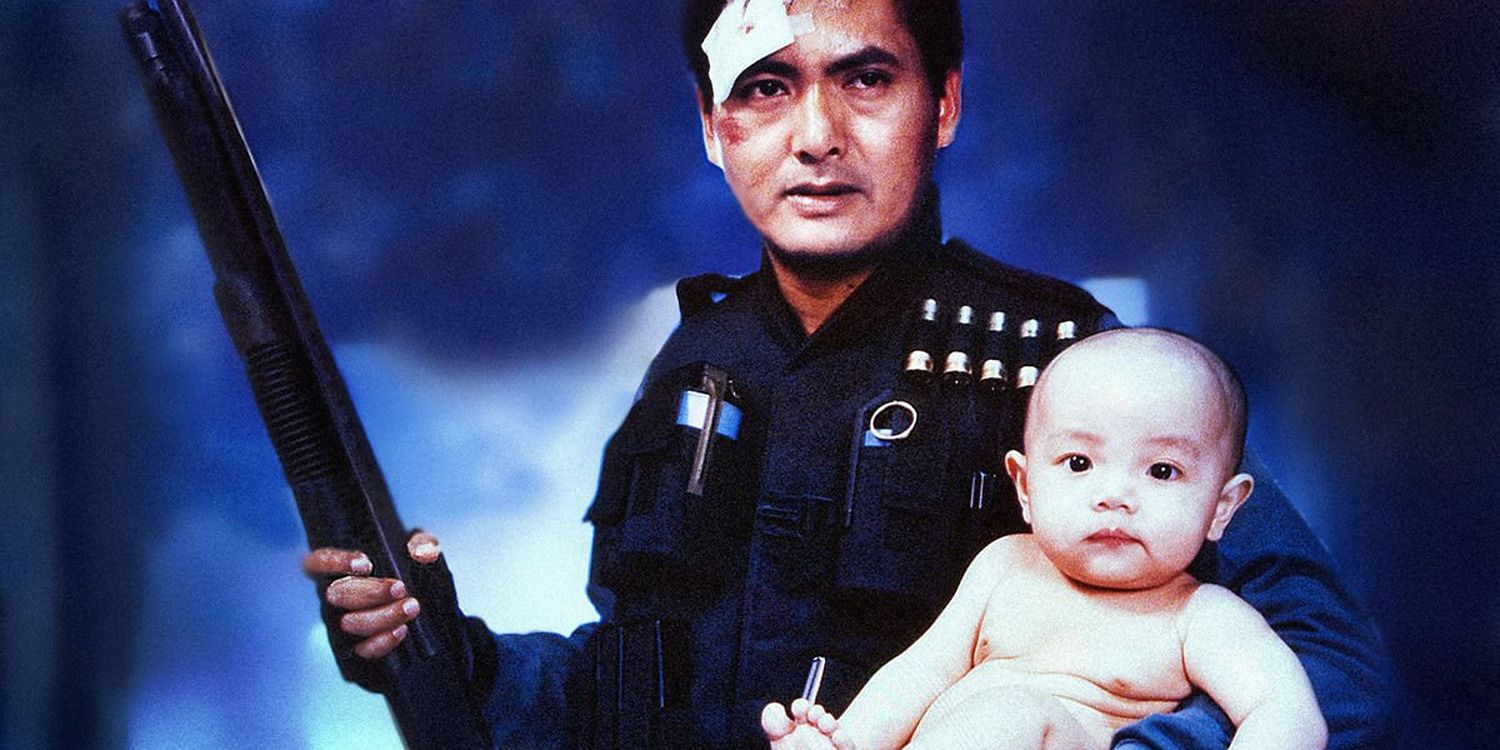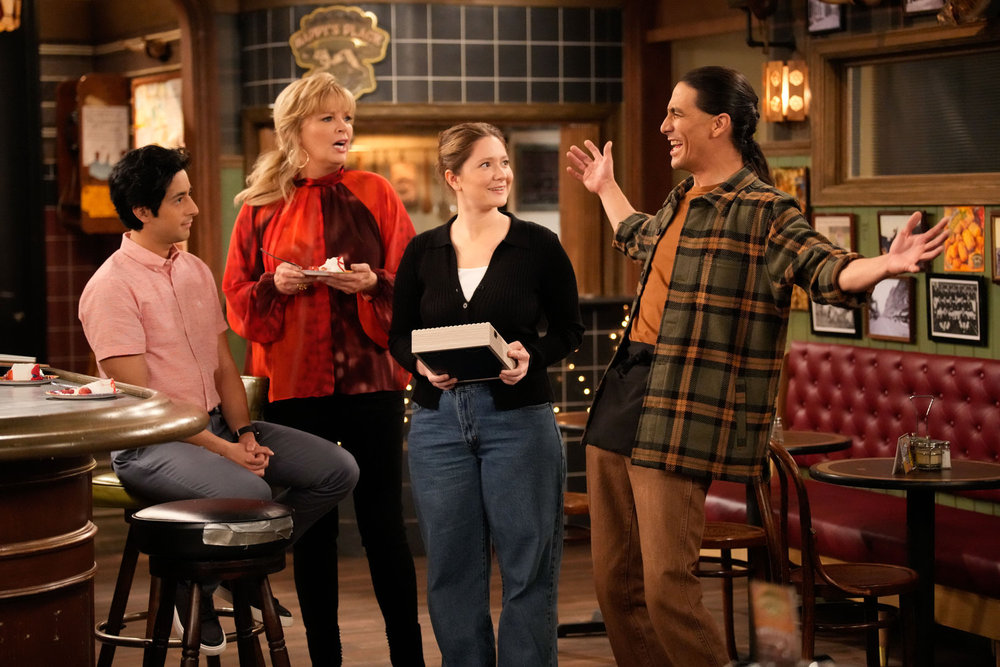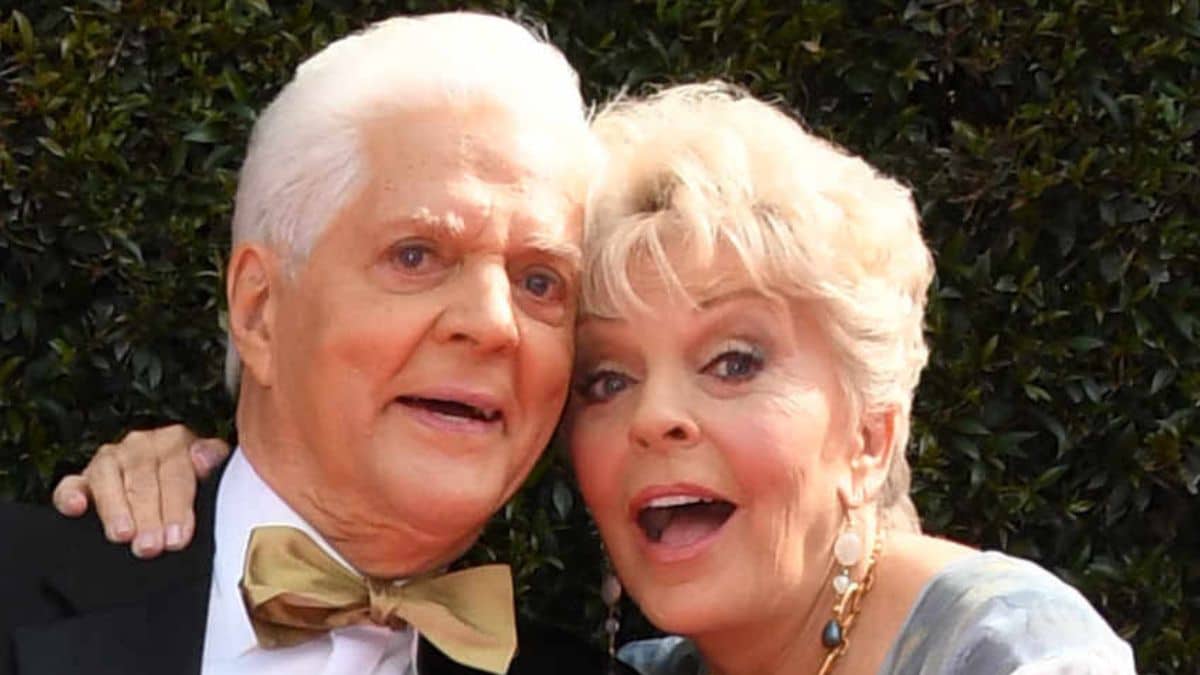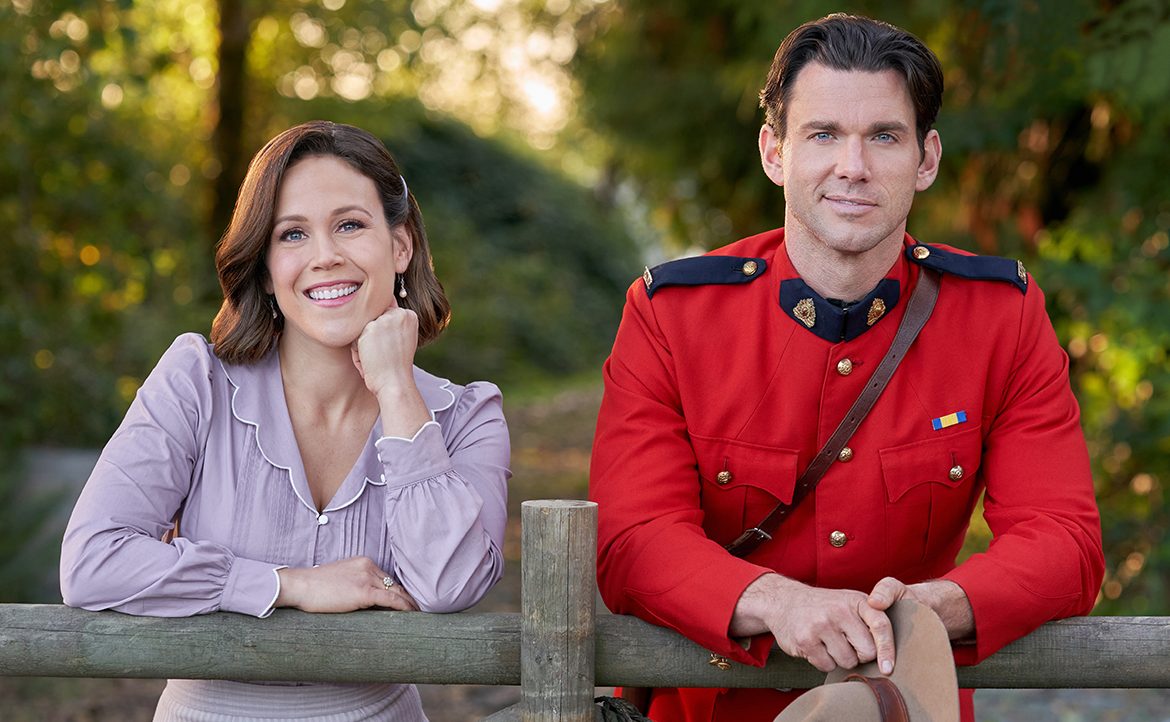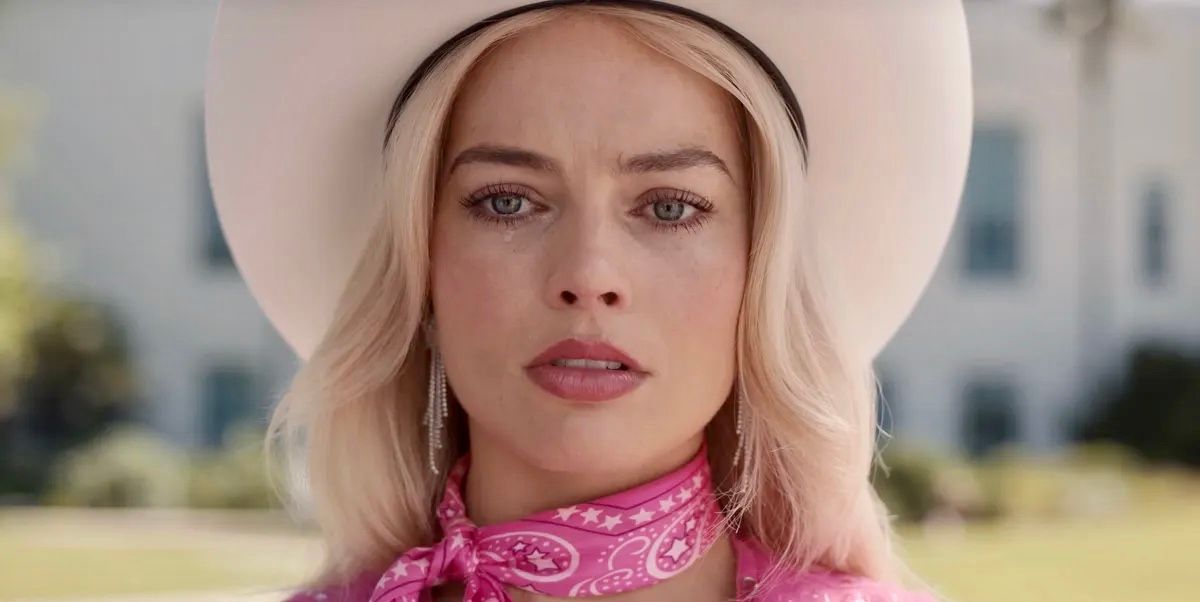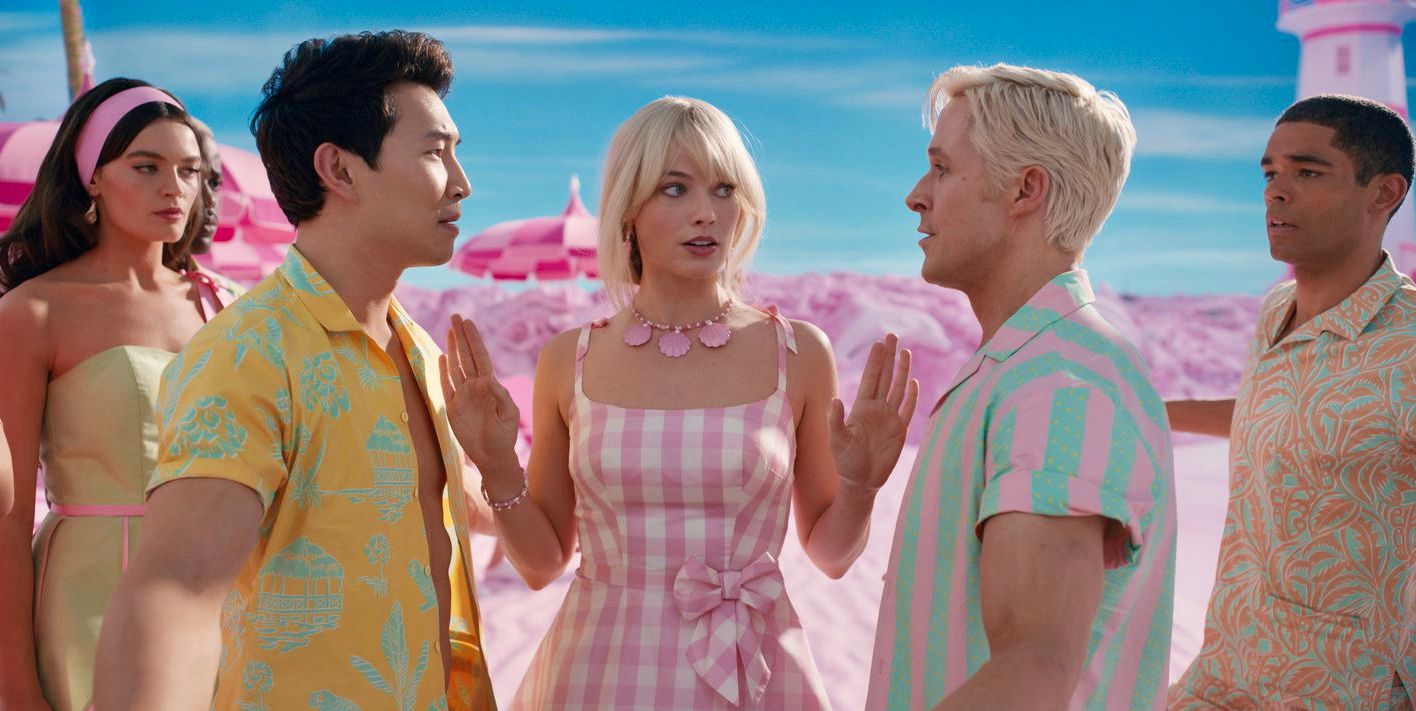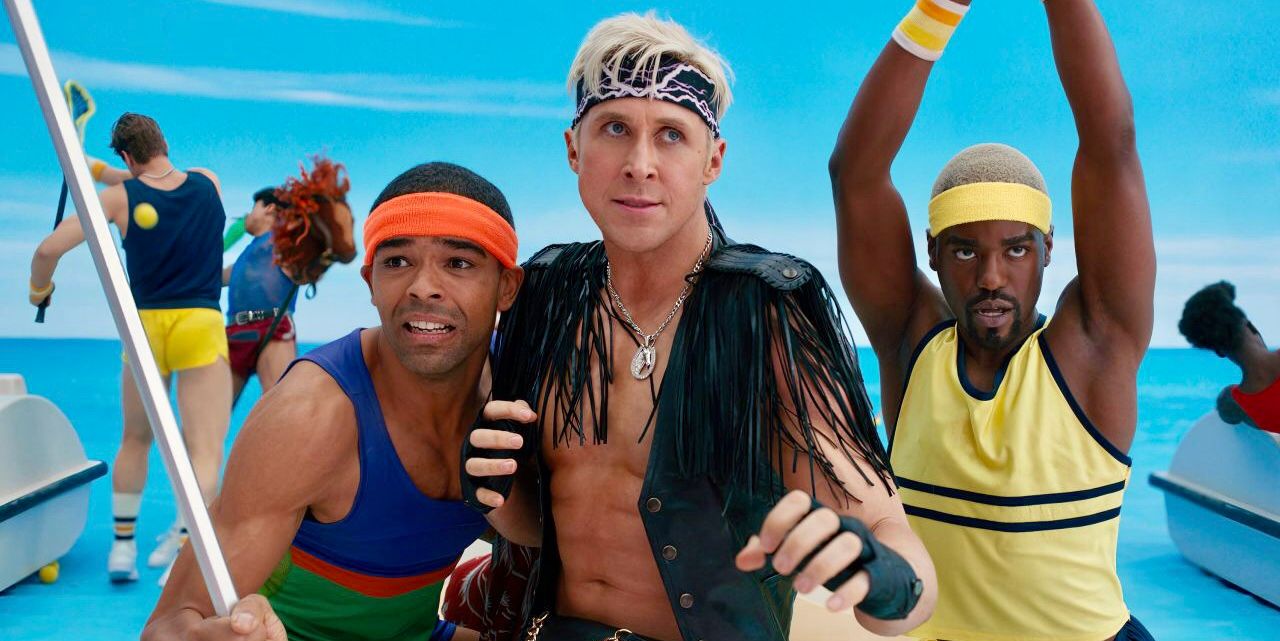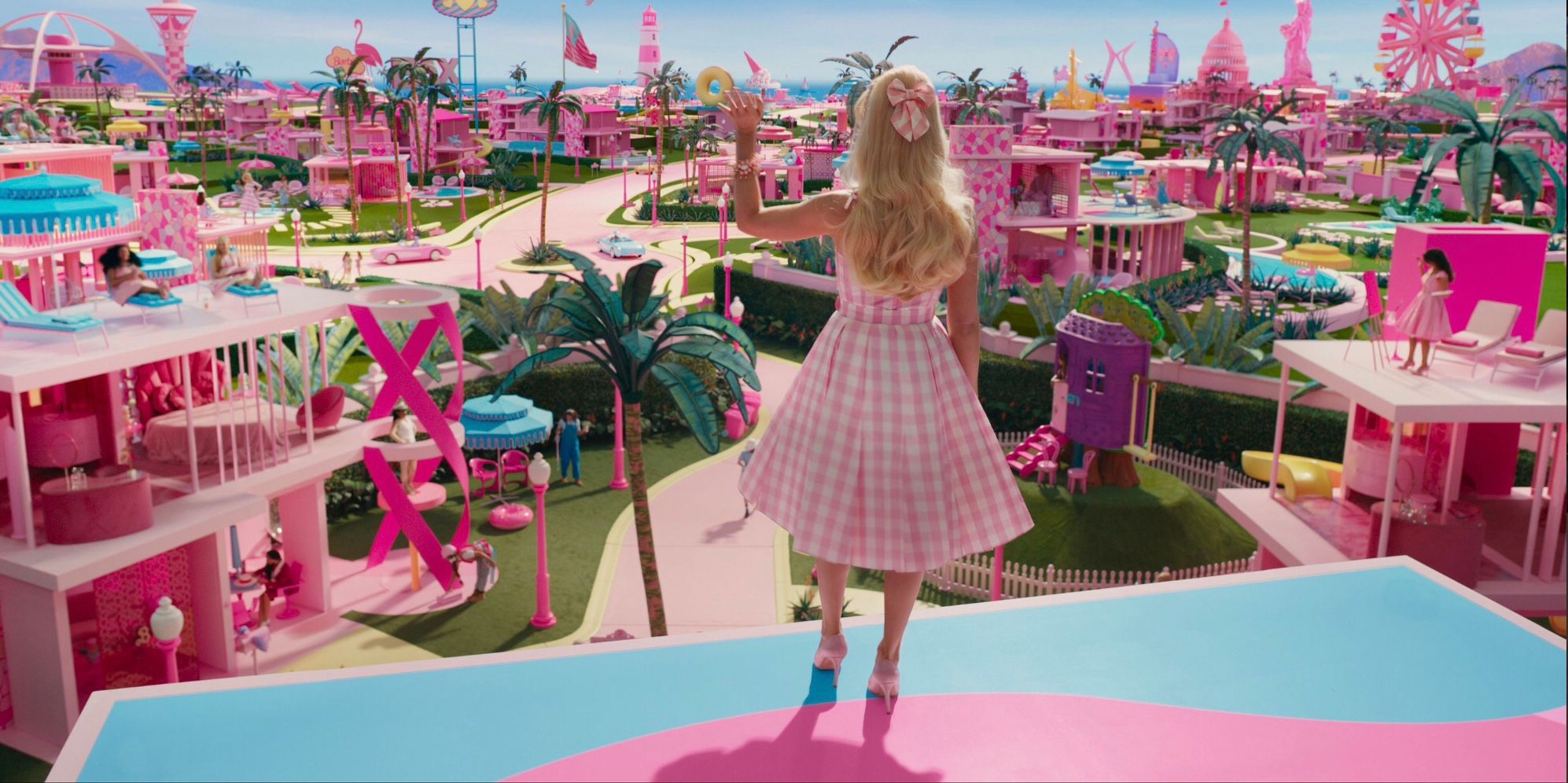The Big Picture
- Barbie’s existential crisis and struggle with the purpose of life and living as a woman in a patriarchal society are major themes in the new Barbie movie that may be lost on child audiences.
- Barbie’s journey teaches important lessons on change, embracing emotions, and self-discovery, targeted at mature audiences.
- The movie’s critique of patriarchy is not a criticism of men but a critique of societal institutions of power that benefit cisgender men, highlighting the harm it causes to both women and men.
Barbie has been one of the most popular toys for generations. Young girls have spent entire days playing with the dolls. The same can be said about many toys such as Care Bears or Teenage Mutant Ninja Turtles. Nearly everyone has at least one cherished childhood plaything that they would love to see on film. When a movie is made about a particular toy, it’s easy to assume the movie would be targeted at child audiences. That doesn’t mean that all movies about toys have to be kids’ movies, though. The plot in the new Barbie movie makes use of many themes that wouldn’t be understood at all by all the children watching, but there is no doubt that this particular toy was the perfect vehicle to deliver these more mature messages to audiences that aren’t children but still understand the symbolism of Barbie.
Barbie’s Existential Crisis is Deep, Even For Adults
The entire catalyst for the conflict in this movie is that Barbie (Margot Robbie) begins to have thoughts of death. Kids that watch this movie will probably believe that Barbie’s having scary thoughts that change her perfect life. They’ll see that it takes her on an adventure to the real world. The themes this movie is communicating about the purpose of life and the difficulty of living as a woman in a patriarchal society might be totally lost on them, though. The monologue that Gloria (America Ferrara) delivers about the struggles women face just trying to exist is far too mature for children to understand. Considering that the points Grace makes in her speech become the key to undoing the brainwashing of women who support the patriarchy, kids will be totally confused before the movie is over. When the first Barbie (Alexandra Shipp) is deprogrammed, stereotypical Barbie exclaims, “By giving a voice to the cognitive dissonance required to be a woman under the patriarchy you robbed it of its power!” The critical thinking skills it takes to dissect that statement are far too advanced for children, but the statement perfectly encapsulates the major lesson in this movie.
Barbie learning about change and adversity in this movie brings up so many great lessons on being an adult. She learns that, sometimes, life changes and can never go back to how it used to be. Barbie also learns the entire range of emotions that humans feel and how they make life a rich and fulfilling experience. When she walks with Ruth (Rhea Perlman), the creator of Barbie, Ruth explains how “Being a human can be pretty uncomfortable… Humans make things up like patriarchy and Barbie just to deal with how uncomfortable it is.” Barbie learns that being human isn’t something you need to earn or ask for, it’s what all of us simply are. She ultimately decides the uncomfortable feelings that lead to her low self-esteem are worth enduring if she can also experience joy and happiness. Barbie additionally learns in the end how dehumanizing the Barbies were to the Kens, and she helps Ken (Ryan Gosling) start his own journey of self-discovery so he can being feeling more independent and validated as well. These messages are all targeted at mature audiences, and Barbie venturing into reality was the perfect vehicle to communicate these lessons.
Barbie Saves the Day and Defeats Patriarchy
A major criticism of this movie that it’s blatantly obvious patriarchy is the enemy. Many have confused this message and claimed it’s a movie against men, but that’s far from the truth. Admonishing patriarchy is not at all equivalent to criticizing all men. It is actually a critique on the societal institutions of power that benefit cisgender men over everyone else. The portrayal of Barbieland in the beginning of this movie was a perfect mirror image of the real world, with Barbies in all possible positions of power and Kens relegated to secondary roles competing for the attention of Barbies. When Barbie and Ken arrive in the real world, Barbie is very aware of the dehumanizing undertones of everyone’s interactions with her. Ken, on the other hand, is experiencing a level of respect and assumed authority that he had never experienced before. Their differing perspectives in reality set Ken and Barbie on two completely different paths, and it’s directly due to their experiences in the patriarchal real world.
While Barbie begins her journey of self-discovery, Ken uses his limited experience seeing men in powerful positions in the real world along with four library books to stage a coup in Barbieland by convincing everyone to instantly change to a patriarchal society he names Kendom. All the Kens begin to define their worth based on their possessions and wealth. Besides cars and clothes, they also regard the Barbies as possessions that add to their value as a man. This perspective creates a massive identity crisis in men. They become so codependent on their Barbies that they don’t know who they are without them. They rely on their Barbie for validation and emotional regulation, which is why the Barbies are so easily able to manipulate the Kens through their egos. Allan (Michael Cera) gets so aggravated at the Kens’ despicable behavior that he tries to escape with Gloria and her daughter Sasha (Ariana Greeblatt) to go back to the real world. If men could see women as independent beings of equal value, they would begin to understand the importance of defining their own worth in deeper, more meaningful ways than their power or possessions. This shallow, entitled way of defining a man’s identity enables men to forgo emotional intelligence and rationality, and that is how this movie uses the Kens to show the harm that patriarchy causes men as well.
More Mature Movies About Toys, Please!
The Barbie movie is spectacular proof that movies about toys that tell a story targeting adult audiences can easily succeed. The backlash to the controversial themes didn’t at all take away from the $529 million first week ticket sales. The message itself is a profound one that all adults should try to comprehend, as the patriarchy is causing some major societal problems at the moment. There are so many other toy franchises a studio could choose from to communicate similar heavy themes. Use the Cabbage Patch Kids to reveal some ugly truths about parenting. Use Captain Planet to teach adult audiences about the climate change catastrophes to come. Use Pound Puppies to teach about the horrors of puppy mills still active in our country. Barbie has opened the door to reinterpreting the purpose of toy-driven movies, and there’s no doubt moviegoers should see more in the future.








































